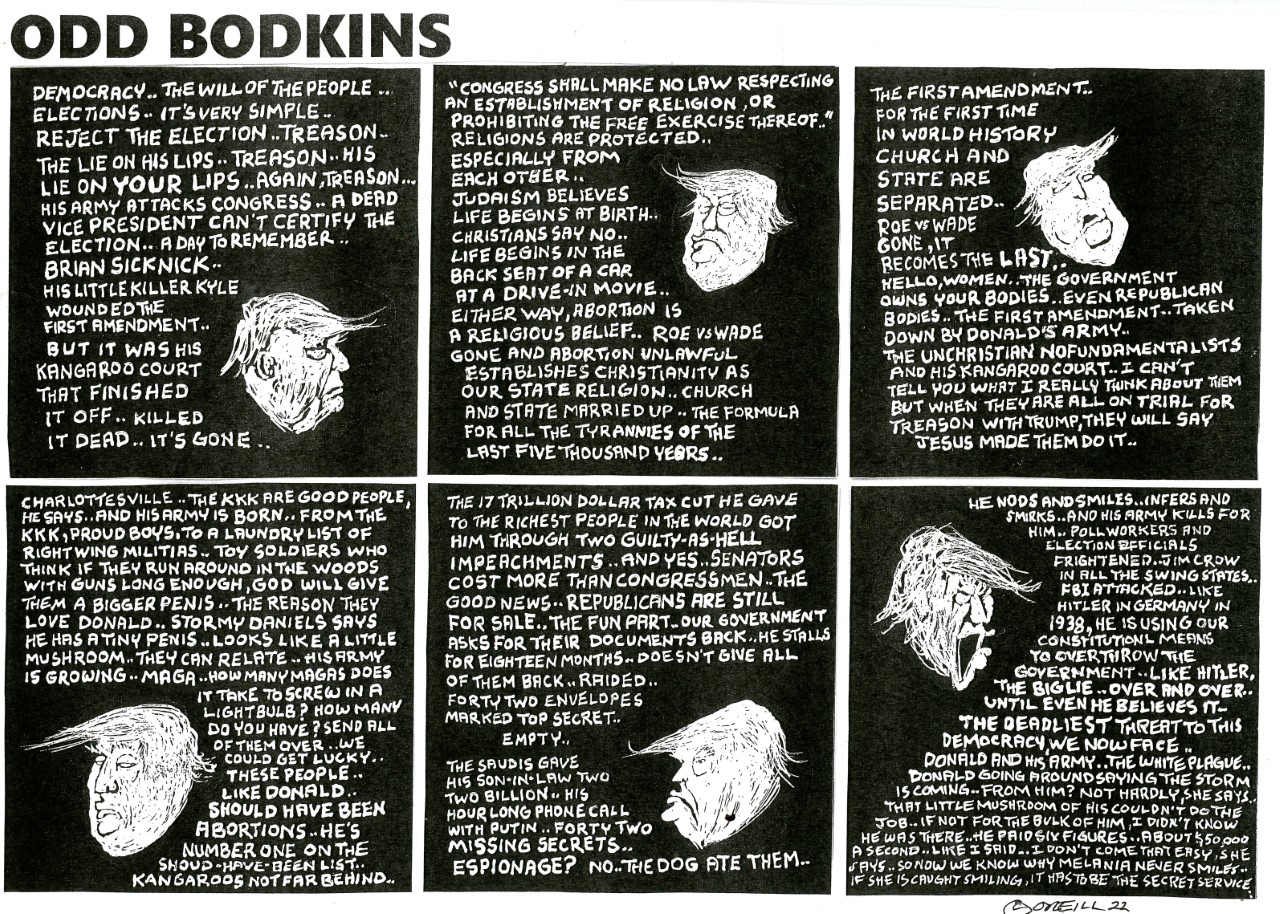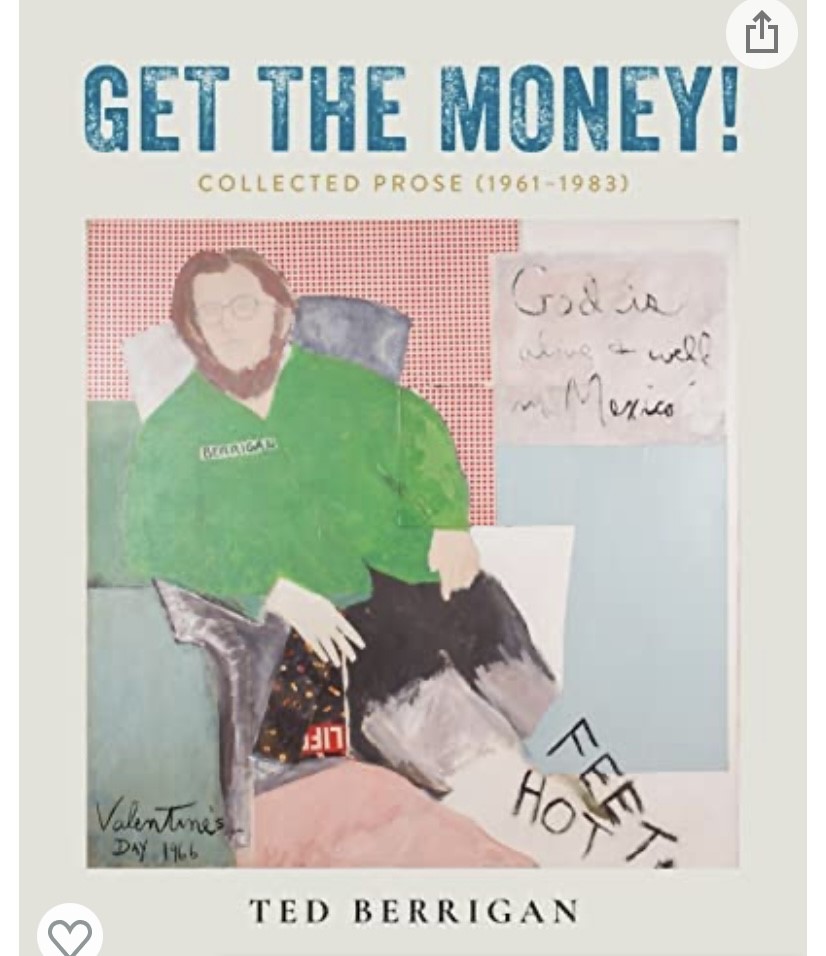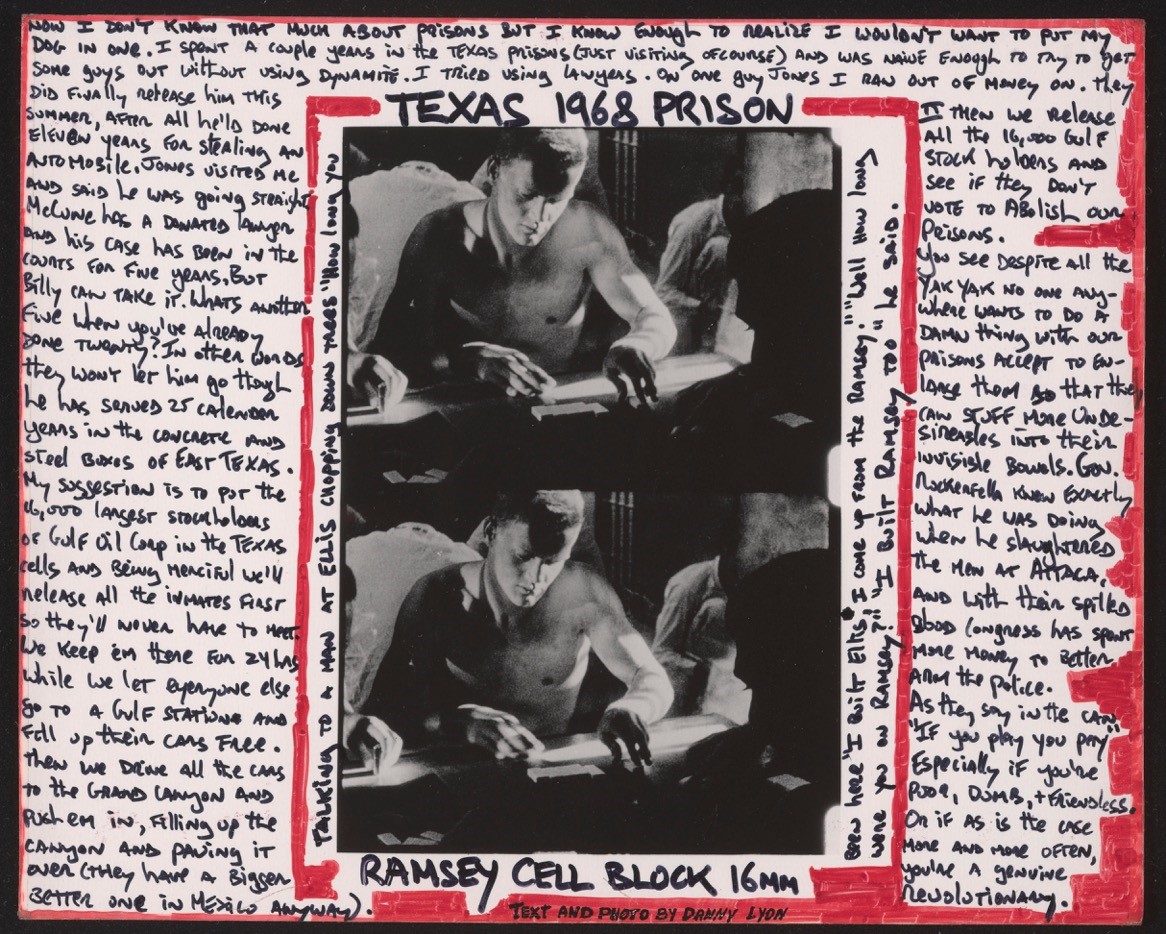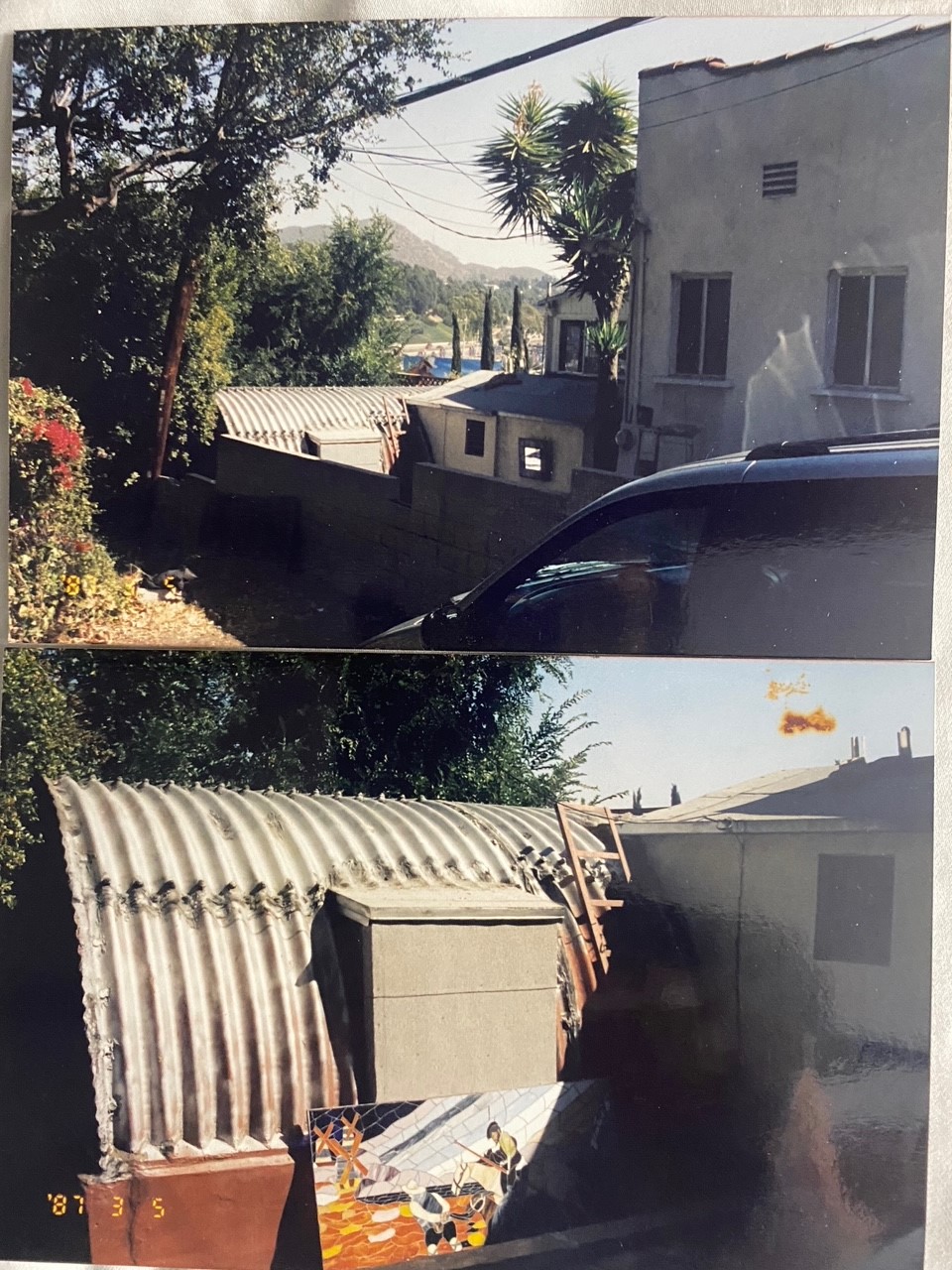A few years back Lucian Truscott tried on a writer’s experiment, posting chapters (as he composed them) from his non-fiction novel/memoir, Dying of a Broken Heart, at a word press website (here). Your editor was doing due delving since I’d always enjoyed Truscott’s stuff when I bumped into the following piece of felt history in Heart‘s second chapter. I should probably wait for some Iraq War anniversary but reposting Truscott’s memory of “Mission Accomplished” boosterism feels urgent. I’ll allow his report seems like it belongs in First as a warning to be permanently wary of consensual wisdom. Not that I’ll cop to having been a lap-top general around the time of W.’s wargasm. Still, to the extent First countenanced power of powers-that-be back then – even as this mag busted anti-anti-Islamism – me and all y’all need to suck on Truscott’s truths (all over again). He won’t stop saying it plain, btw. After you read him below, try his substack newsletter here. B.D.
Having a Ball on Tiemann Place (the Tom DeMott Way)
Pallie Greene – the kid from our hood who dunked at our block party (above) – began playing ball late just like my late brother Tom, who didn’t get into the game until Jr. High school. Might be a life-changer for Pallie though. It sure made a difference to Tom. When I think about how he came to make his life on Tiemann Place (as he worked at the 125th St. Post Office), aesthetics and politics of b-ball – along with people’s soul musics – are keys to his story. Tom was out there with Pallie – a spirit, not a ghost! – as our hood re-upped on the tradition he invented (with the West Harlem Coalition). The 34th Annual Anti-Gentrification Street Fair jumped off on a proud Saturday in September.
Watch the Sequel to “Jonas who will be 25 in the Year 2000”
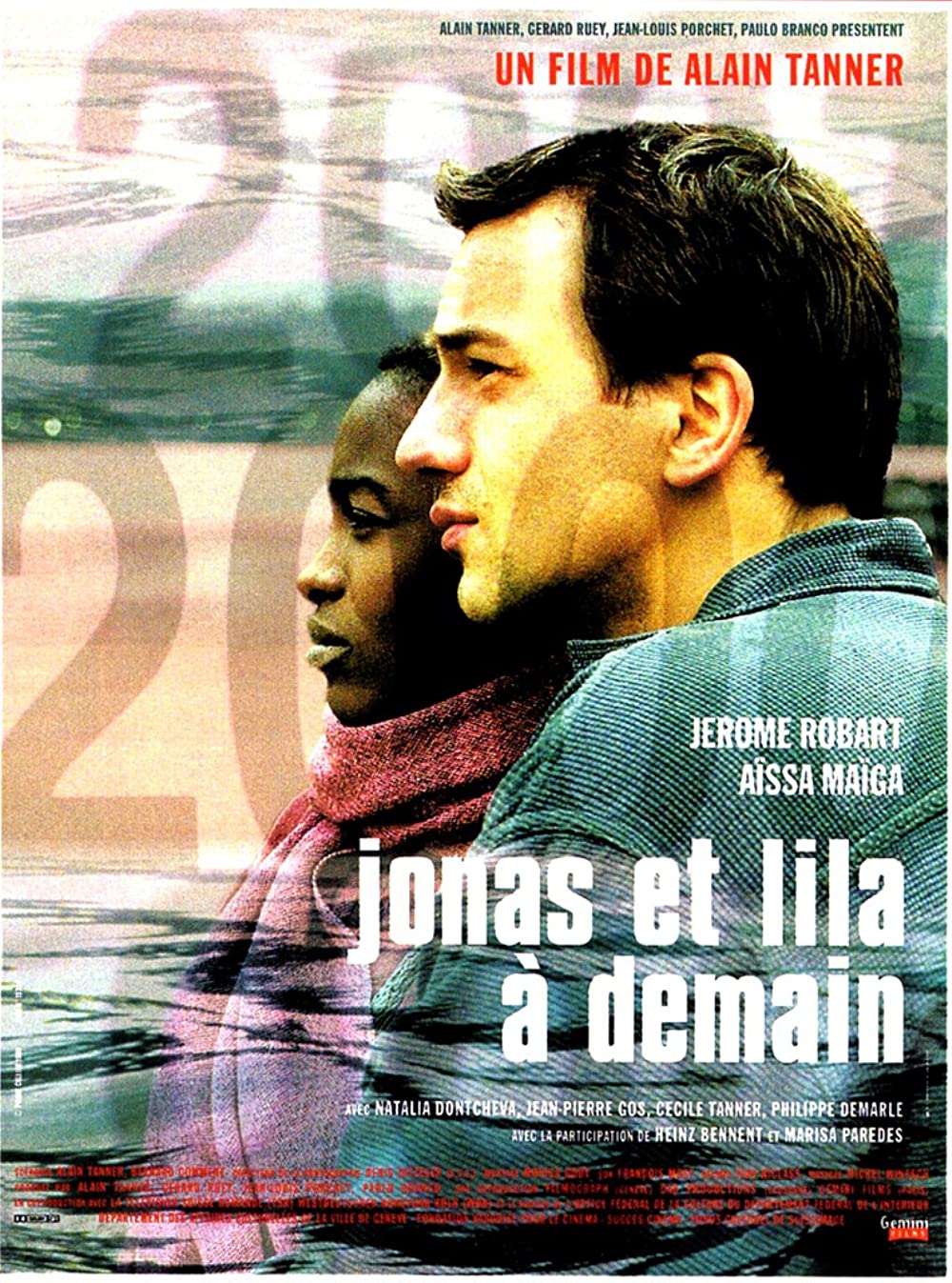
No need to make invidious comparisons, but the films of Alain Tanner came closer to me than Godard’s. If you dug Jonas who will 25 in the Year 2000, click the link above and watch Jonas and Lila, Until Tomorrow, which Tanner made in 1999.
Bruce Dern Loves Last Ride
There are three things to understand first. My red phone. My second cousin Irving Sussman. My position in American letters.
Burnt in the U.S.A.: Arlo McKinley “This Mess We’re In”
Almost all popular culture is dedicated to Denial. Nothing new there.
Arlo in Memphis (& Brooklyn)
Arlo McKinley (AKA Timothy Dairl Carr) made his great new CD, This Mess We’re In, in Memphis and you sense the lights up the river even as he gives it to you straight about the state of the white working class in Ohiopioid. The sound of This Mess is Memphis’s. Perfect weaves of country/soul/gospel with an inner power. Organ-and-fiddle melting into one another with the beat behind it as Arlo rolls on, strong as death, sweet as love.
“You’ve Got to Have Freedom” (Pharoah Sanders, Rest in Power)
Per Eric Lott: “A favorite instance of what Baraka describes in ‘The Screamers’ (1967), a ‘social tract of love,’ ‘the honked note that would be his personal evaluation of the world,’ watching us while he fixed his sky, no head and all head, no predicate, ‘the repeated rhythmic figure, a screamed riff, pushed in its insistence past music . . . hatred and frustration, secrecy and despair,’ spurting ‘out of the diphthong culture, and reinforced the black cults of emotion’ — ‘no compromise, no dreary sophistication, only the elegance of something that is too ugly to be described, and is diluted only at the agent’s peril.'”
May Pharoah wail again soon with John Hicks and Idris M. on the night shift!! B.D.
Monsters, Bees, Desires
The boy fears monsters, things that creep at night.
Beds half-empty, the widows weep at night.
I walk with my mother through a moonlit
town only accessible in sleep. Night
holds its prisoners tight. So does guilt. Too
much vodka – our clothes in a heap that night.
The Andy Warhol Diaries
In March 2022, Netflix aired a six-part series, The Andy Warhol Diaries, based upon Pat Hackett’s 1989 book of the same title. Each episode was a hodge-podge of archival footage and photographs, current comments from people who were close to Warhol or who knew someone who was, recreated scenes, repeated current shots of places mentioned (such as Warhol’s house), and, throughout, an AI-generated version of Warhol’s voice, saying lines that almost never went beyond banal and trivial. Many also seemed familiar. I remembered that I’d read Hackett’s book when it came out and then had reviewed it for the Buffalo News (July 2, 1989). It was one of those pieces I did and promptly forgot, in part because the News arts editor mangled it, especially the ending, which he cut off after the first sentence of the final paragraph, so the piece just stopped rather than ended. I found the manuscript, which restores what I actually wrote.
Looking a Nightmare Square in the Eye
I recently read Josh Rothman’s The Ledger and the Chain: How Domestic Slave Traders Shaped America. This is one of the best history books that I have ever read.
One Eyed Monsters (An Excerpt from “The Ledger and the Chain”)
Per Timothy Tyson (in his review above): “Martha Sweart, Martha Sweart, I will never forget her.” Neither will you if you read the following excerpt from Joshua D. Rothman’s The Ledger and the Chain: How Domestic Slave Traders Shaped America.
A purchasing agent working for Rice Ballard passed through the central Virginia town of Charlottesville and bought sixteen-year-old Martha Sweart for $350. That was between $50 and $100 more than slave traders were typically spending for young women early in 1832, but Ballard’s agent believed a buyer in the lower South might pay a premium for her.
Neither Slave Nor a Master
What follows was first published as the Afterword to the facsimile reissue of Conversations with the Dead (Phaidon, 2015). (Available here.) Reprinted in Danny Lyon: American Blood: Selected Writings 1961-2020, (Karma Books, New York).
.
Trumping a Country of Laws
It is estimated that 15 to 20 million Americans think violence would be justified to return Trump to office.
Set aside for the moment that anybody, let alone 20 million anybodies, is willing to commit violence, go to jail, die, for that guy. That is something most of us will never understand. Folks going to the mattresses for the most self-centered guy on the planet.
Sugar Ray: the Art, the Man
Think of Pablo Picasso. Think of Miles Davis. Think of Sugar Ray Robinson.
All three were artists in their chosen realms, who expanded those realms into previously unknown dimensions. All three were difficult and ambiguous and contradictory. All three answered only to themselves in the mysterious ways of genius. Tough nuts to crack.
Herb Boyd, with Ray Robinson II, has a go at cracking the diamond of a nut that is Sugar Ray Robinson in Pound For Pound, a Biography of Sugar Ray Robinson.
For Uncle Claude: Clarksdale to the World
My mother’s maiden name was Claudette Winfield. Her twin brother was named Claude Winfield. She left home for college to attend Jackson State University and met a young man named Claude McInnis who was named after his uncle Claude Brown. That’s a whole lotta damn Claudes, which is why my Pops never intended for me to be a junior. My mother’s twin was her best friend until the day she died. As siblings, they argued and disagreed often. As siblings, no one else could say anything bad about the other one. So, when I learned Wednesday that my mother’s twin, my Uncle Claude, had passed, I realized that is the end of the Claudes. But, more importantly, that is the end of one of the most important people in my life.
The Assumption of Hope
A letter from from Fr. Frechette on the day of this year’s Feast of the Assumption.

“The poor will have hope, and the evil one will be made to shut his mouth.” (Job 5:16)
Before the War [& After Friday’s Murderous Assault on Rushdie]
In the spring of 2006, when Ellen Willis was battling the cancer that would take her life later that year, she emailed approval of First’s pieces on the Danish Cartoon terror attacks. Struck by how much those pieces “echoed themes” in what she’d written at the start of the Rushdie affair, she wondered if we “might be interested in reprinting the editorial I wrote in the Voice as a historical affirmation of the bad road we are going down…” As Rushdie begins a tortuous comeback from the maiming that had him on a ventilator and seems likely to leave him blind in one eye, the piece of the past Ellen thought belonged in First remains horrifically prophetic.
Below “Before the War” is a passage from another First protest against Fatwas that’s still on time.
